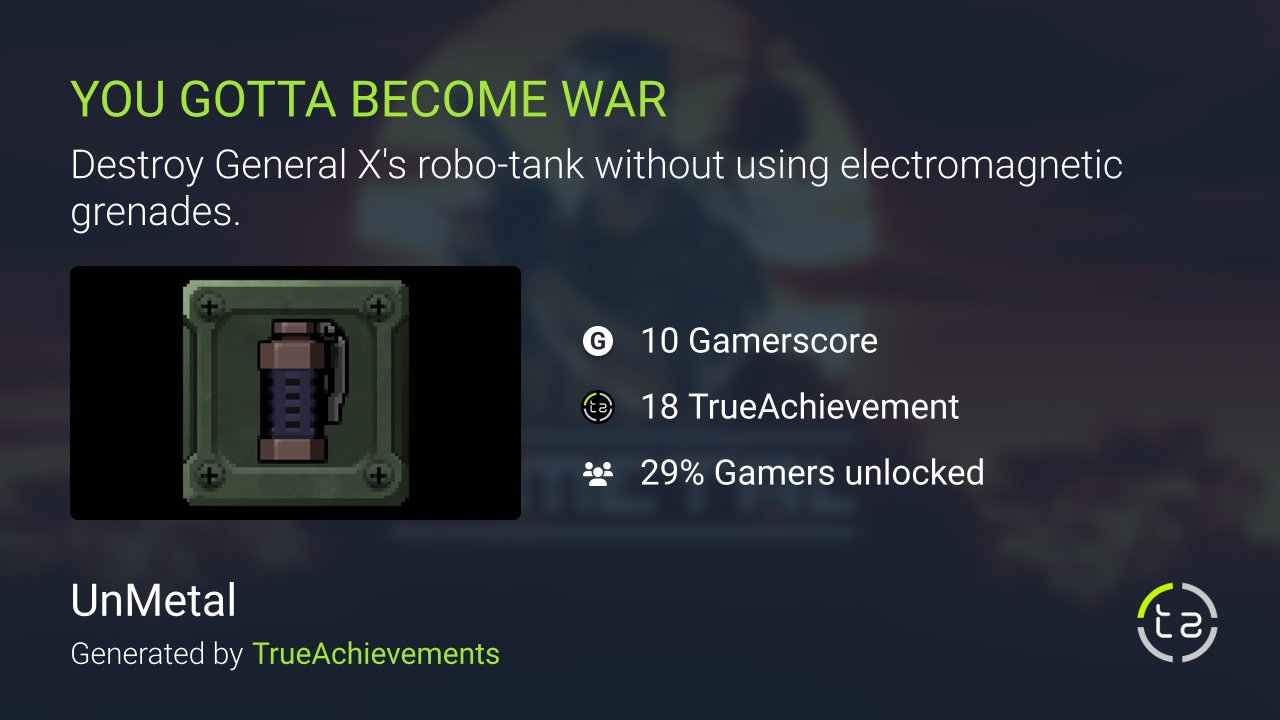How to become a war chief? This question has intrigued and inspired countless individuals throughout history. From the fierce battlefields of ancient times to the complex conflicts of modern warfare, war chiefs have played a pivotal role in shaping the course of human events.
In this comprehensive guide, we delve into the intricacies of becoming a war chief, exploring the responsibilities, strategies, and leadership qualities that define these exceptional individuals.
War chiefs are more than mere commanders; they are the embodiment of courage, wisdom, and strategic brilliance. They possess the ability to inspire and motivate their warriors, while also making critical decisions that can determine the fate of entire nations.
Their role is as multifaceted as it is demanding, requiring a deep understanding of military tactics, diplomacy, and the human psyche.
The Role of a War Chief

War chiefs are leaders who guide their people through times of conflict and warfare. They bear the responsibility of protecting their tribe, making strategic decisions, and ensuring the survival of their community. Their leadership and decision-making skills are crucial in determining the outcome of battles and shaping the course of history.
Responsibilities and Duties
- Leading warriors in battle
- Formulating military strategies and tactics
- Negotiating with enemies and allies
- Maintaining order and discipline within the tribe
- Inspiring and motivating warriors
Significance of Leadership and Decision-Making
Effective war chiefs possess exceptional leadership qualities. They are able to command respect and loyalty from their warriors, and make sound decisions under pressure. Their ability to assess situations, anticipate enemy movements, and adapt to changing circumstances is vital for success in warfare.
Path to Becoming a War Chief

Traditionally, war chiefs were chosen based on their proven valor, leadership abilities, and knowledge of warfare. They often rose through the ranks by demonstrating their skills in battle and earning the respect of their peers.
Traditional Methods
- Proving oneself in combat
- Leading successful raids and expeditions
- Possessing exceptional knowledge of military tactics and strategies
Notable War Chiefs

- Sitting Bull (Lakota Sioux):Led his people against the U.S. Army in the Battle of Little Bighorn.
- Geronimo (Apache):Renowned for his guerrilla warfare tactics and elusiveness.
- Shaka Zulu (Zulu):Established a powerful empire in southern Africa through military conquest.
Key Skills and Qualities
- Leadership and charisma
- Strategic thinking and decision-making
- Military knowledge and experience
- Courage and determination
- Ability to inspire and motivate others
Military Strategies and Tactics: How To Become A War Chief

| Strategy | Description |
|---|---|
| Attrition | Gradually weakening the enemy through continuous attacks |
| Blitzkrieg | Rapid and overwhelming attack to achieve quick victory |
| Guerrilla Warfare | Unconventional tactics used by smaller forces to harass and disrupt larger armies |
| Siege Warfare | Surrounding and isolating an enemy stronghold to force surrender |
- Common Tactics:
- Ambush
- Flanking
- Feigned retreat
- Skirmishing
Importance of Adaptability and Innovation
Successful war chiefs are able to adapt their strategies and tactics to the specific circumstances of each battle. They are constantly innovating and developing new ways to outmaneuver their opponents and achieve victory.
Diplomacy and Negotiations
Diplomacy plays a vital role in warfare. War chiefs must be able to negotiate with enemies and allies alike to secure alliances, avoid unnecessary conflicts, and achieve their goals.
Successful Negotiations
- Treaty of Guadalupe Hidalgo (1848): Ended the Mexican-American War
- Treaty of Versailles (1919): Ended World War I
- Camp David Accords (1978): Negotiated peace between Israel and Egypt
Challenges and Complexities
Negotiating during wartime is often complex and challenging. War chiefs must balance the need for peace with the need to protect their people and achieve their objectives.
Leadership and Motivation
Effective war chiefs are exceptional leaders who inspire and motivate their warriors to fight bravely and achieve victory.
Principles of Effective Leadership
- Lead by example
- Set clear goals and expectations
- Foster a sense of community and belonging
- Recognize and reward success
- Provide support and guidance
Impact of Leadership on Morale and Unit Cohesion
Strong leadership is essential for maintaining high morale and unit cohesion. When warriors believe in their leader and trust their abilities, they are more likely to fight with courage and determination.
Historical and Cultural Perspectives
The role of war chiefs has evolved over time and across different cultures. Their leadership styles and strategies have been shaped by the specific historical and cultural contexts in which they operated.
Historical Overview
War chiefs have been a central figure in warfare throughout history. From the ancient Greek and Roman generals to the medieval knights and samurai, war chiefs have played a pivotal role in shaping the course of history.
Evolution of Warfare
As warfare has evolved, so too has the role of war chiefs. With the advent of gunpowder and modern weaponry, the strategies and tactics employed by war chiefs have changed dramatically.
Comparison of Leadership Styles, How to become a war chief
War chiefs from different eras and cultures have employed a wide range of leadership styles. Some, like Alexander the Great, were known for their aggressive and decisive leadership, while others, like George Washington, were more cautious and strategic.
FAQ
What are the key qualities of a successful war chief?
Courage, strategic thinking, charisma, and the ability to inspire and motivate others.
How did war chiefs rise to power in ancient societies?
Typically through a combination of military prowess, political alliances, and personal charisma.
What is the role of diplomacy in warfare?
Diplomacy can be used to negotiate alliances, secure resources, and end conflicts without resorting to further bloodshed.
How do war chiefs adapt to changing warfare technologies?
By embracing innovation, studying new tactics, and understanding the strengths and weaknesses of emerging technologies.
